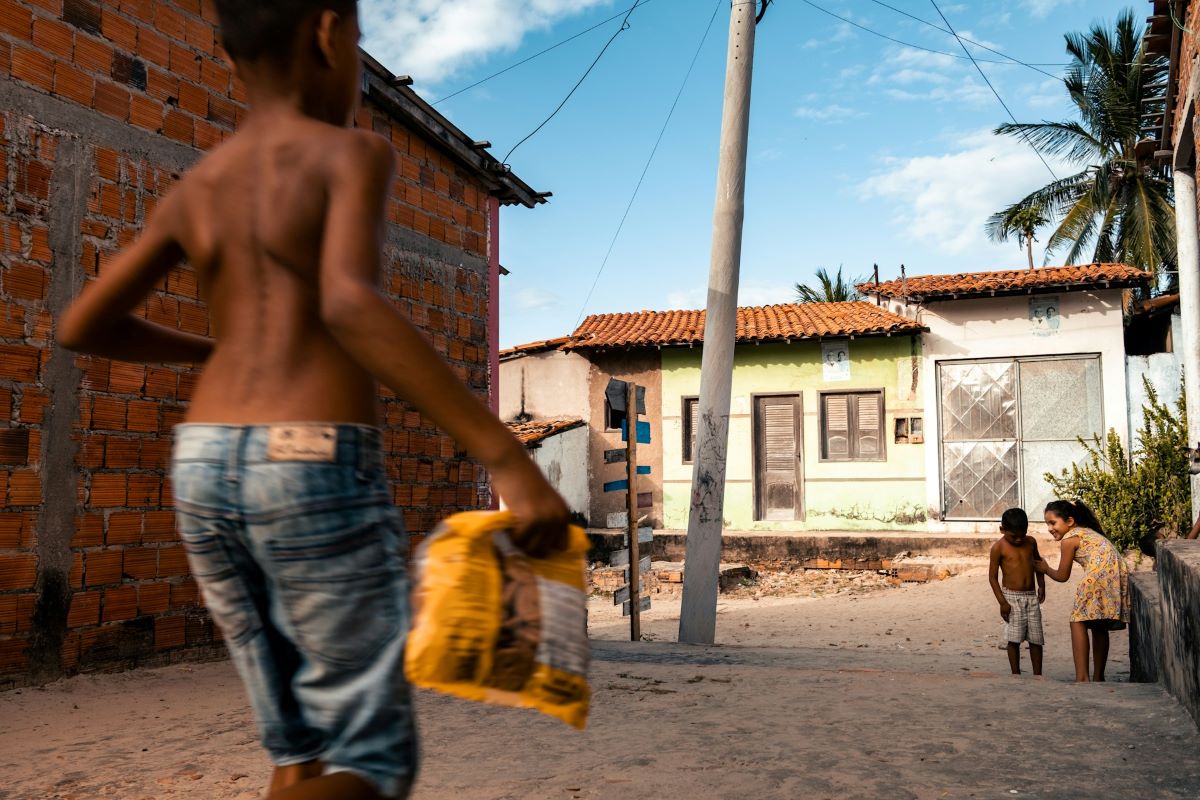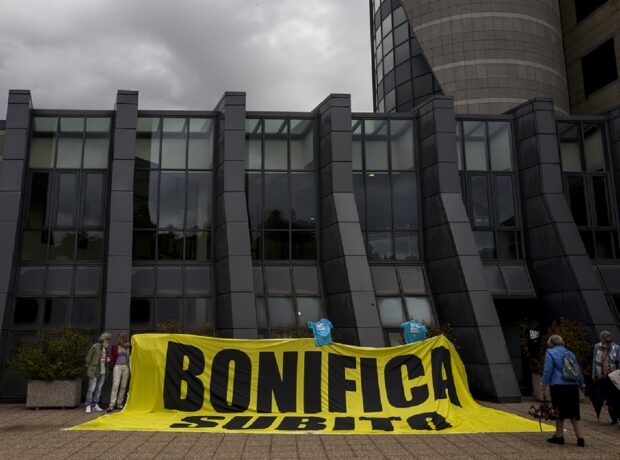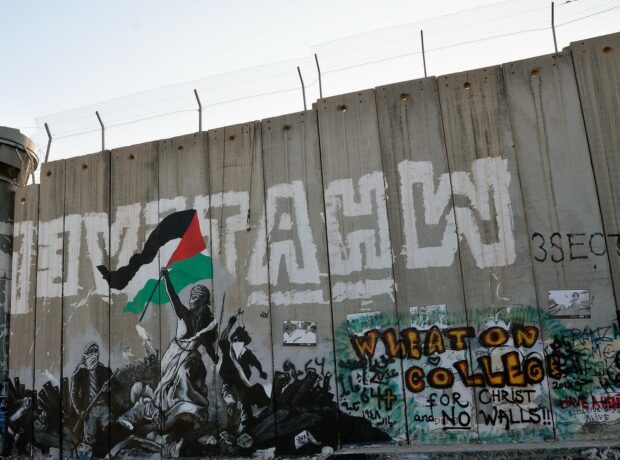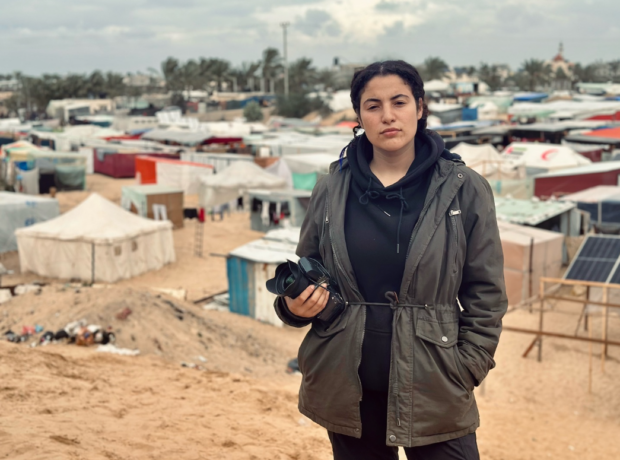Who decides who has the right to health and the right to life in the favelas of Brazil? And what impact did Covid-19 have on the 16 million people living in favelas? After spending two years in Brazil, and visiting Complexo do Alemão favela in Rio de Janeiro, PhD student Maria Weickardt Soares wrote this story as a response to the annual Lacuna Writing Competition.
The day I met Anna was a typical warm spring day, humid and sunny, heralding the upcoming summer season. As I left the city centre of Rio de Janeiro and walked into the favela, accompanied by a local guide, it felt like I was entering another world.
The beautiful weather could not hide the pain this urban area had experienced over the years. The brightly coloured façades were flaking. Power lines were patched together in a makeshift fashion. Dirt piled up on the streets. Nevertheless, the unique spirit of this urban area was undeniable, not least the solidarity between its residents.
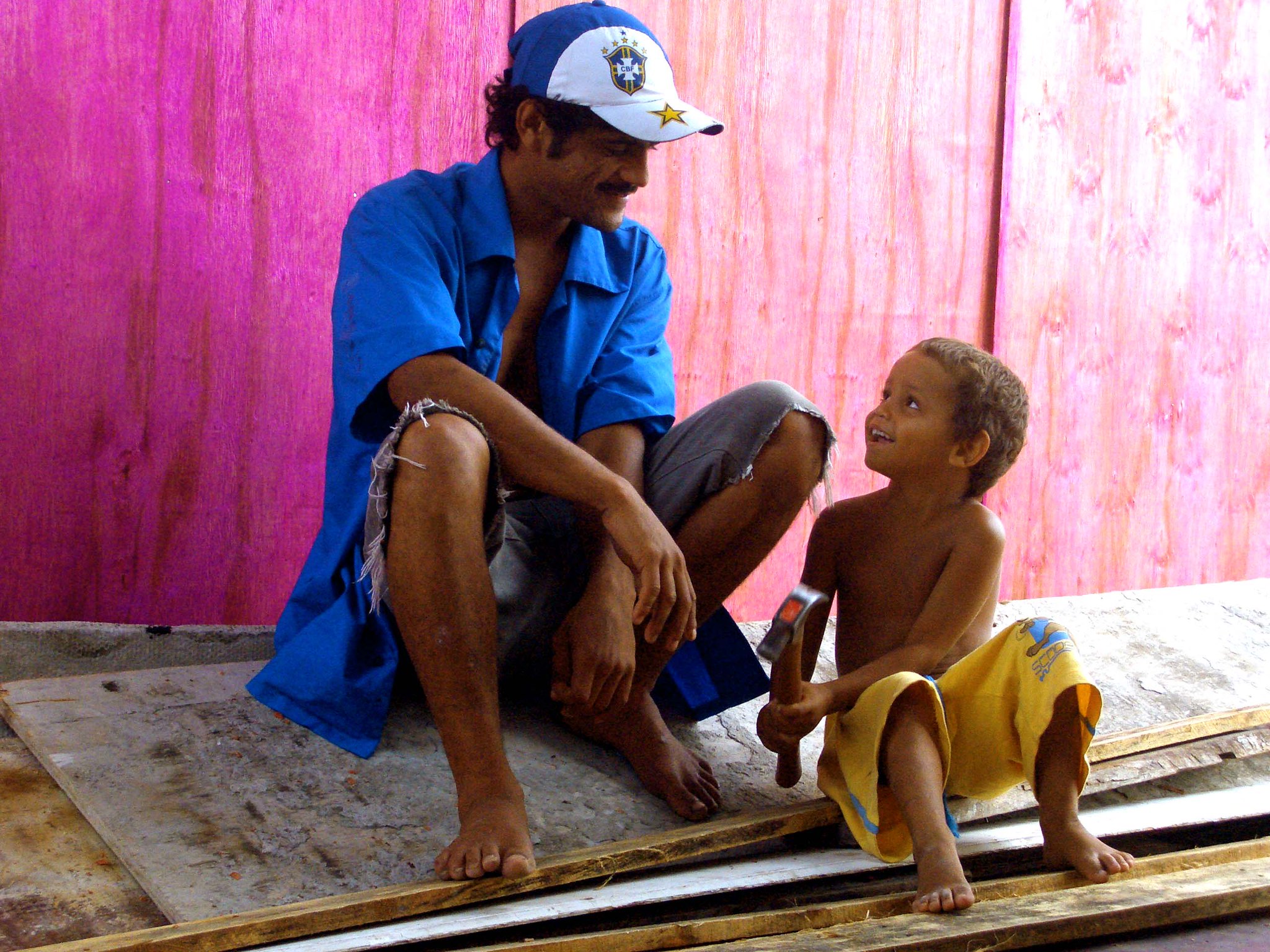
Photo via Verena Schäuble
Anna sat on her desk, nervous yet eager to talk, emotions bubbling.
She had just learned that a friend of hers, a father of seven children, had died. He had no money to buy canned gas so, out of necessity, he made fire with alcohol. “And the father of this family died this morning because he was burned so badly, while attempting to cook food for his children,” she says. “That is inhumane.”
This is just one of many similar stories from the favelas.
Anna works as a volunteer in one of many non-governmental organisations and initiatives in Complexo do Alemão, a favela in the north of Rio de Janeiro. Like most of the volunteers, Anna grew up in a favela herself. She knows the community, the people who shape these urban spaces, and the severe inequalities these communities have to face in their day-to-day lives. And, like many of the residents, she has never moved away from her home favela and now raises her two children here.
Anna is one of 16 million so-called favelados living in one of the more than 11,000 favelas in Brazil, representing around 8% of the country’s population.
Having grown up in Germany, Brazil has become my second home. During my time living in this Latin American country, I inhaled its beauty and was able to witness the population’s hardships. Particularly Dilma Rousseff’s impeachment and, two years later, Bolsonaro’s election were turning points in my relationship with Brazil and made me a vital defender of human rights. The encounter with Anna taught me how deeply embedded social inequalities still are in Brazilian society and how the right to health can be jeopardised due to political ideologies and power struggles.
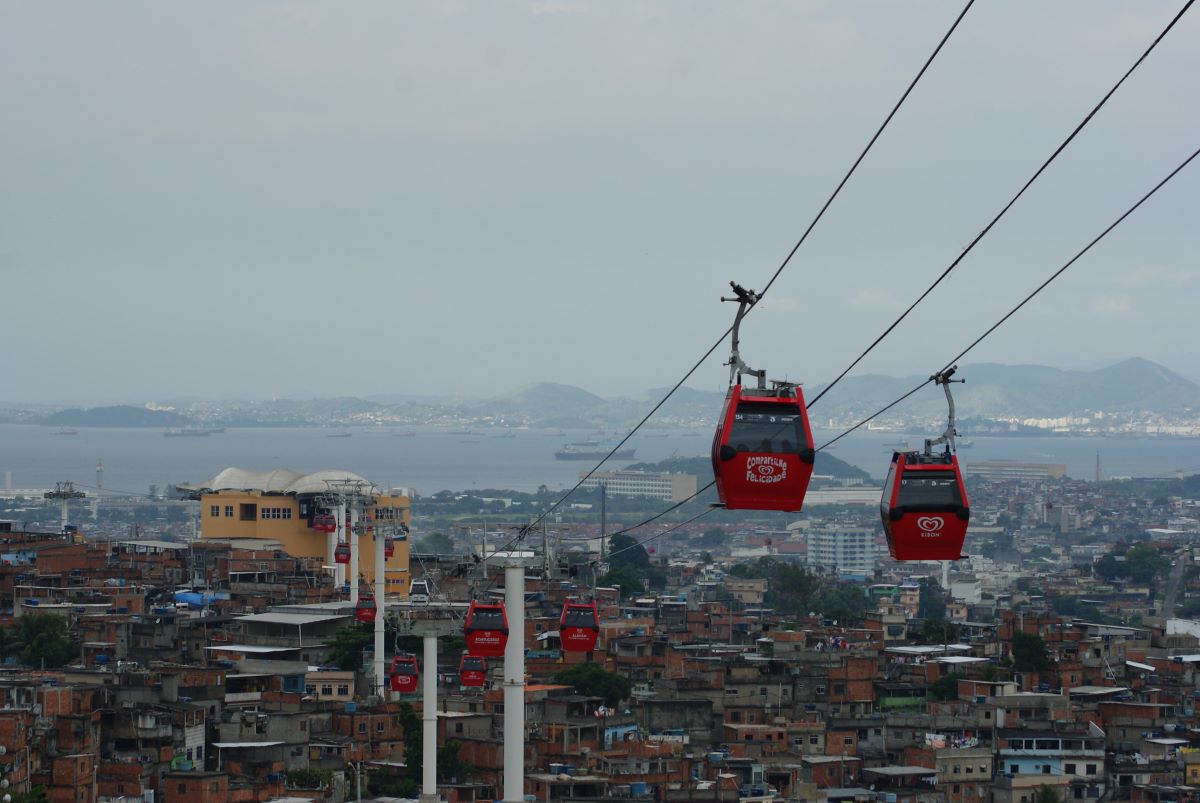
Photo via Sebástian Freire
In the Covid-19 pandemic, favelas became a tragic symbol of the political failure of the Bolsonaro government. A right-wing government that prioritised economic profit and the reinforcement of the Brazilian state over human rights, with dire consequences. Anna said: “Many favela residents have no more money to spend. If you have to choose between eating and buying hand sanitiser, what will you do? You’re going to buy food, right?” This trade-off between food and protection from a potentially fatal infectious disease was not only decisive when purchasing groceries. It was also on the minds of the hundreds of thousands of favela residents who are in informal labour.
They had to choose between no income or the risk of bringing home an infectious disease. Many chose the latter, due to a lack of savings, the fear that starvation would be worse than the health consequences of Covid, or simply because they were not sufficiently informed – or were even misinformed – about the dangers of catching the novel coronavirus.
Bolsonaro himself was the source of much of this fake news; including the claim that hydroxychloroquine, a medicine used against malaria, has the potential to combat this infectious disease. An unproven yet potentially dangerous treatment – spread through media, government statements, and press conferences.
Brazil’s public healthcare system is the largest in the world, with about 180 million service users covering around 70% of the Brazilian population. But in this time of crisis, the service failed to protect the country’s most marginalised – people who have often been forgotten in national welfare programmes for decades. The former and just recently re-elected president Lula tried to change this situation. Bolsa Família, a welfare programme introduced during his first term in office, was intended to lift families out of abject poverty and enforce their rights to education, health and food. Bolsa Família was effective. Since then, Brazil’s middle class has grown tremendously; yet Brazil has continued to be a country of extreme inequality, and this has only become more visible during the pandemic.
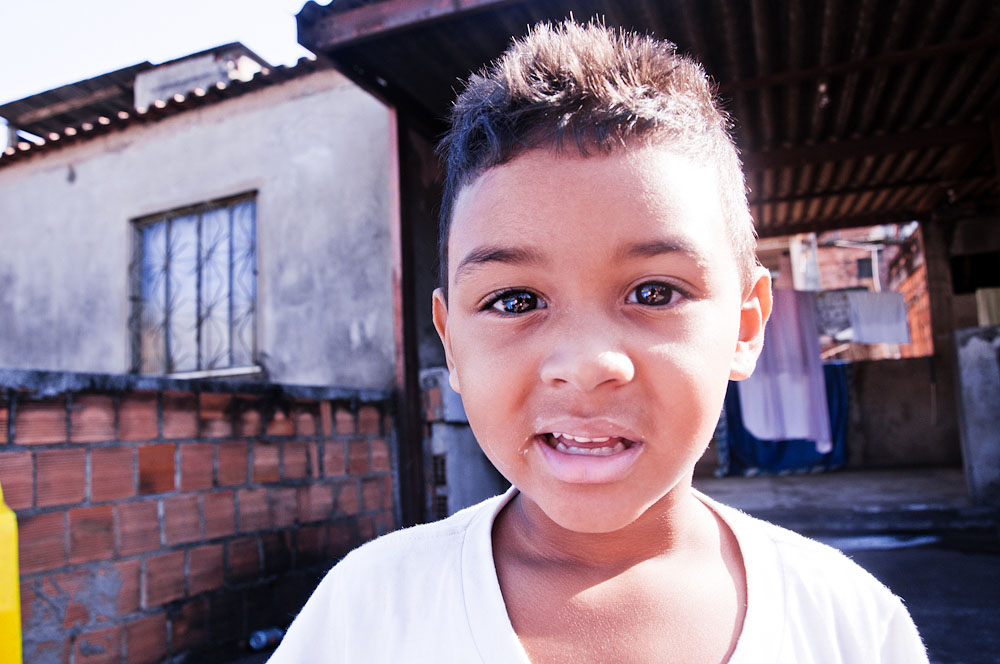
Photo via veio escroto
Laura (not her real name), a public health professor from the Federal University of Rio de Janeiro (UFRJ) pointed out that even before Covid-19, Brazil’s public healthcare system – the Sistema Único de Saúde (SUS) – was systematically underfunded and its health distribution networks were inefficient. Health experts like Laura also argue that the Brazilian government, including Bolsonaro and his predecessors, had failed to address the actual root causes of health inequalities, including socioeconomic and racial discrimination, throughout the years. Health is hence inseparable from other societal issues. Other – economic, political and social – decisions, accordingly, may have a tremendous impact on health policies and thus on the health of millions of the Brazilian citizens. The main victims of these shortcomings are the favelas. Laura asked not to be named out of concern that sharing her opinion could have a negative impact on her work. The Brazilian population, even in academic institutions, is politically deeply divided – into both Bolsonaro supporters and opponents.
Despite being more visible and gaining a voice – thanks to Lula and the work of local NGOs, the church, and volunteers like Anna – certain problems persist for favelados. Favelado – a term used to refer to the inhabitants of impoverished neighbourhoods located on the outskirts of large cities – is fraught with major challenges, but is also deeply rooted in Brazilian history. At the beginning of the 20th century, favelas developed as informal settlements of liberated slaves after the abolition of slavery in 1888. Individuals without any formal education, money, or savings, from African descendant, and with no future prospects.
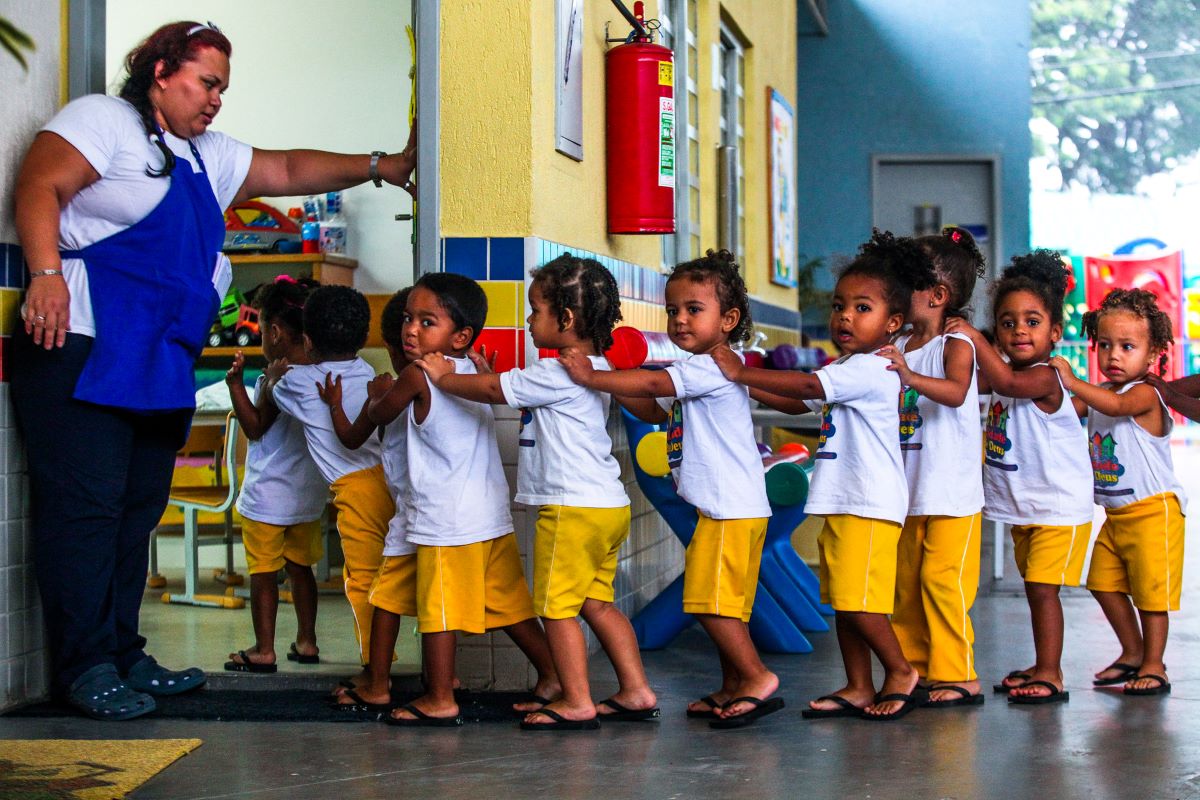
Photo via RIOSOLIDARIO Compromisso com a Cidadania
Since that time, these settlements have evolved into flourishing communities; yet the average favelado still faces the same types of discriminations as one hundred years ago – based on skin colour, employment status, education, and – not least – living background. Being a favelado is thus a stigma in itself. Figures from favelas in Rio de Janeiro indicate that around half of the population does not have access to running water. Around 60% of the favela residents say they have provided a fake address when filling out application forms. And, even though most favelas are within a two-kilometre radius of a hospital, hospitals in these urban areas are commonly understaffed and badly equipped.
Read more: Cuba combats ‘vaccine apartheid’ to protect countries in the Global South against Covid-19
Anna says: “We have a hospital that doesn’t have an intensive care unit bed. It is very bad care for cases of Covid, and many people die without access to health, even to basic services.”
While the country’s richer people are able to counterbalance this with private insurance, the majority of favela residents – with below-average salaries or no income at all – are entirely dependent on SUS, feeding into the development of a two-tier healthcare system. A complementary health system that is common in many countries worldwide; yet Bolsonaro’s neoliberal healthcare strategy pushed the privatisation of health care services and hence the emergence of a dual class system at its extreme. Around 47 million people were covered by private insurance at the beginning of the pandemic – a new record.
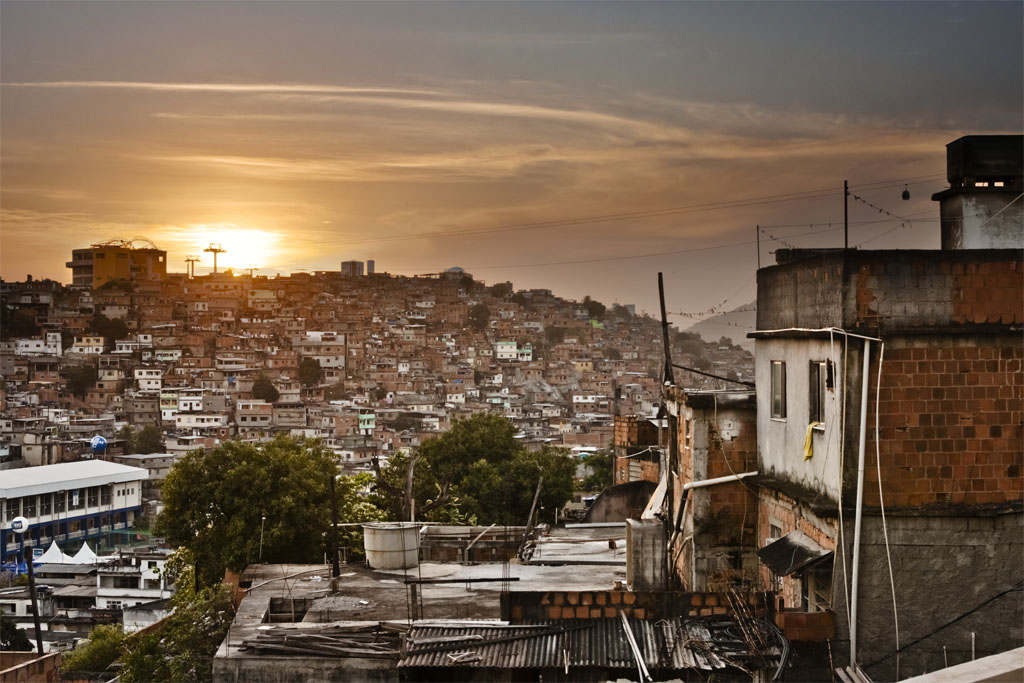
Photo via dhani borges
However, many experts agree that without SUS, healthcare in Brazil would be significantly worse. In particular, vaccination programmes, including the Covid-19 campaign, have proven how vital the system can be when used purposefully and supported by national and sub-national policies.
The right to health is enshrined in the Brazilian constitution of 1988 (in section II (da saúde) in accordance with article 12 of the International Covenant on Economic, Social and Cultural Rights and the Human Rights Declaration of 1948). It is explicitly stated that the state must do everything in its power to minimize the population’s risk of contracting a disease and to provide equal access to health care for all citizens. So, why were favela residents denied this right during the peak of the pandemic?
Many volunteers blame the inactivity of the Bolsonaro government on the former President’s antipathy to poor populations and his stereotypical views on favelados.
Laura, the UFRJ public health professor describes this as “necropolitics” – a term introduced by Cameroonian intellectual Achille Mbembe, and an extension of Michel Foucault’s concept of biopolitics.
It describes a form of governance in which power is used to influence who can live and who must die. Those who were left to die under the Bolsonaro government were the favela residents.
Individuals who have been stigmatised throughout their lives and deprived of their rights on the grounds of socio-economic status, heritage, and – in many cases – ethnicity.
Laura says: “It is a policy that aims at the death of poor people and the valuation of the rich.” The Bolsonaro government, the UFRJ professor concludes, made it explicit during the Covid pandemic that health is a choice and not a right.
Disregarding the right to health as attributed to all Brazilian citizens by written constitution, Bolsonaro put millions of lives in danger.
The government’s necropolitics also brought ramifications for domestic politics through the empowerment of illegal organisations. Long before the pandemic, multiple operations aimed to put an end to illegal activities and crime in the favelas of Rio, particularly in the wake of the 2016 Summer Olympics and the 2014 Football World Cup.
But now, drug lords have once again taken control of these urban spaces. Instead of abandoning the residents during the pandemic, local gangs actively tried to improve the situation in favelas.
They began to organise the distribution of food and medicine and to enforce Covid lockdowns, thereby evolving into custodians in the absence of a just welfare state. It seemed altruistic; yet, doubts were cast on the motives, suggesting the loss of potential customers and the ongoing battle with the government over control in favelas were the key drivers.
After all, says Laura, favelas are places “that do not receive quality attention from the state, but instead are subject to constant police interventions.” An ongoing battle, which appeared to have a certain winner with the pacification of the biggest favela in Rio de Janeiro Rocinha. Yet it seems that the Covid-19 pandemic has altered this course, and the old power balance between the state and the drug lords was restored.
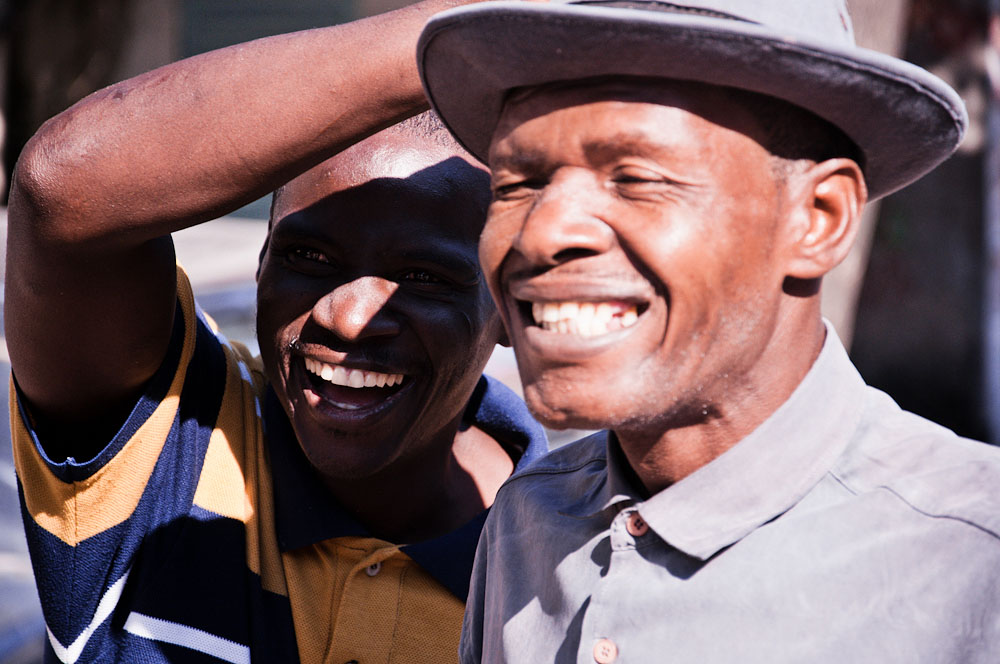
Photo via veio escroto
Back in Complexo do Alemão, for Anna and her volunteer colleagues, the incentives for helping their people are quite different. They know one another and they know the neighbouring families that mourned and are still mourning the loss of loved ones. Though having an accurate account of the number of cases and deaths due to Covid-19 is almost impossible. It is not only because there is a high number of unrecorded individuals living in favelas. Rather, the Brazilian government just lost count of all the fatalities, especially in areas that are mostly outside the scope of political consideration.
Featured image by Sebástian Freire via Flickr.
Read more:
